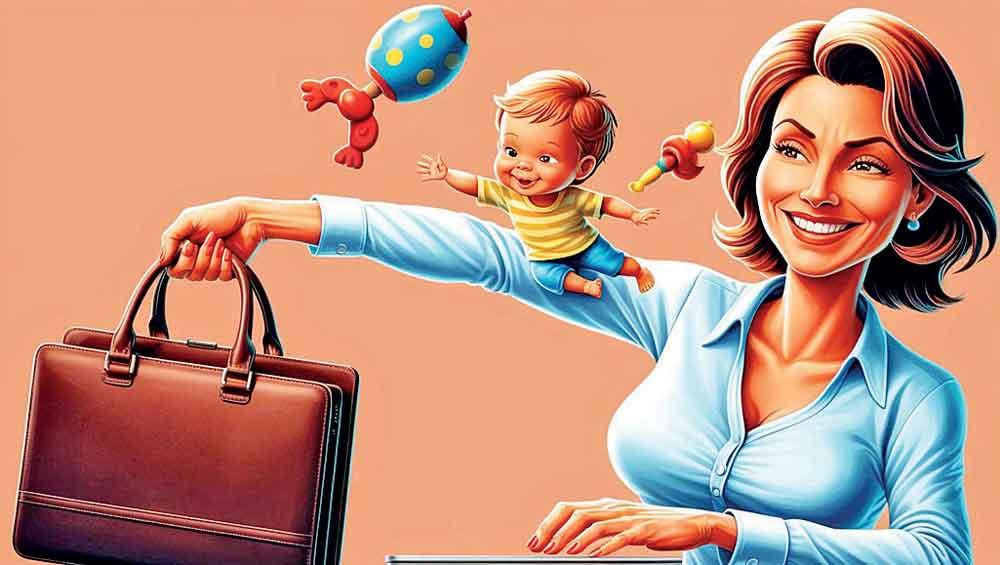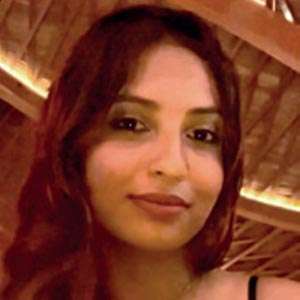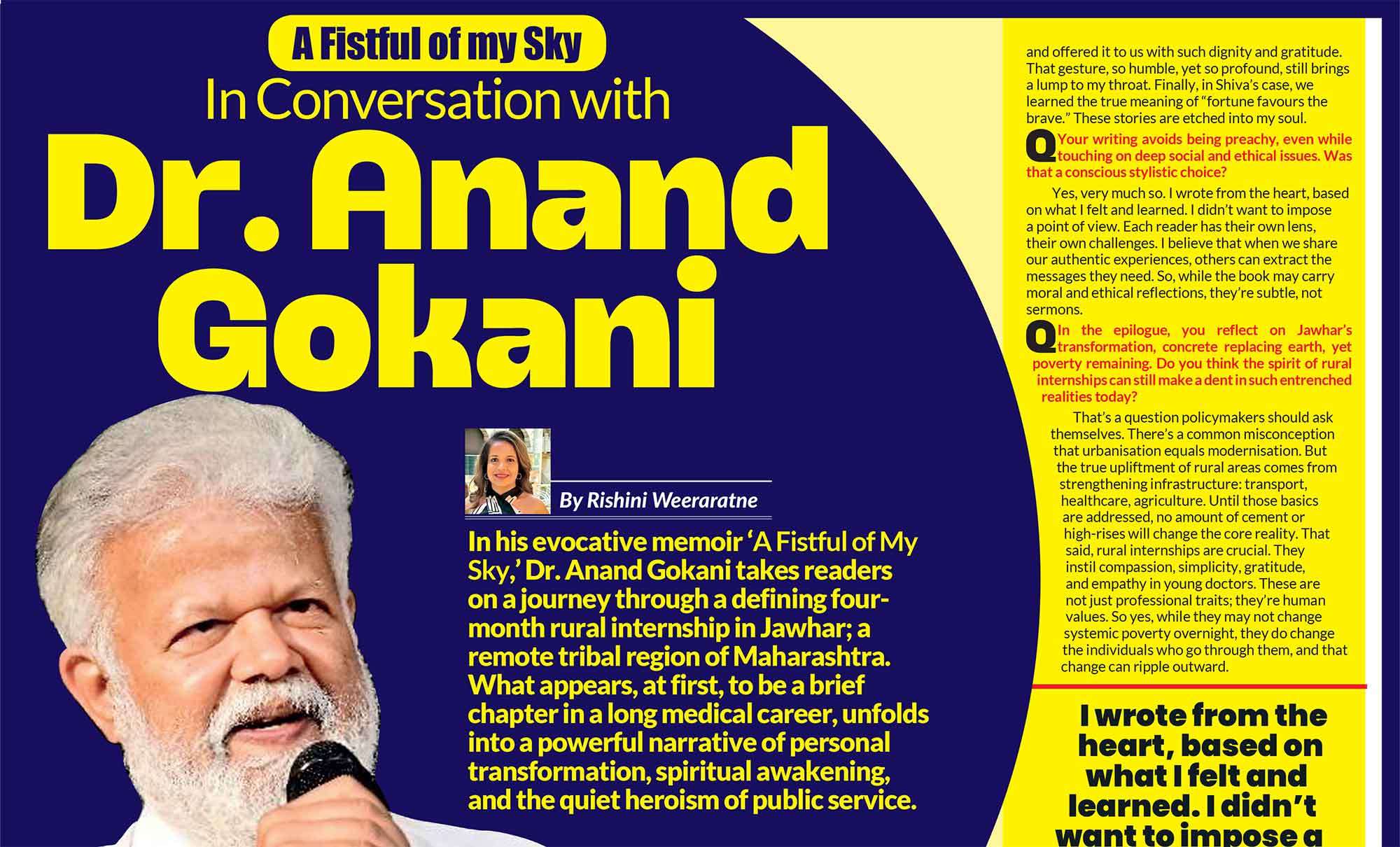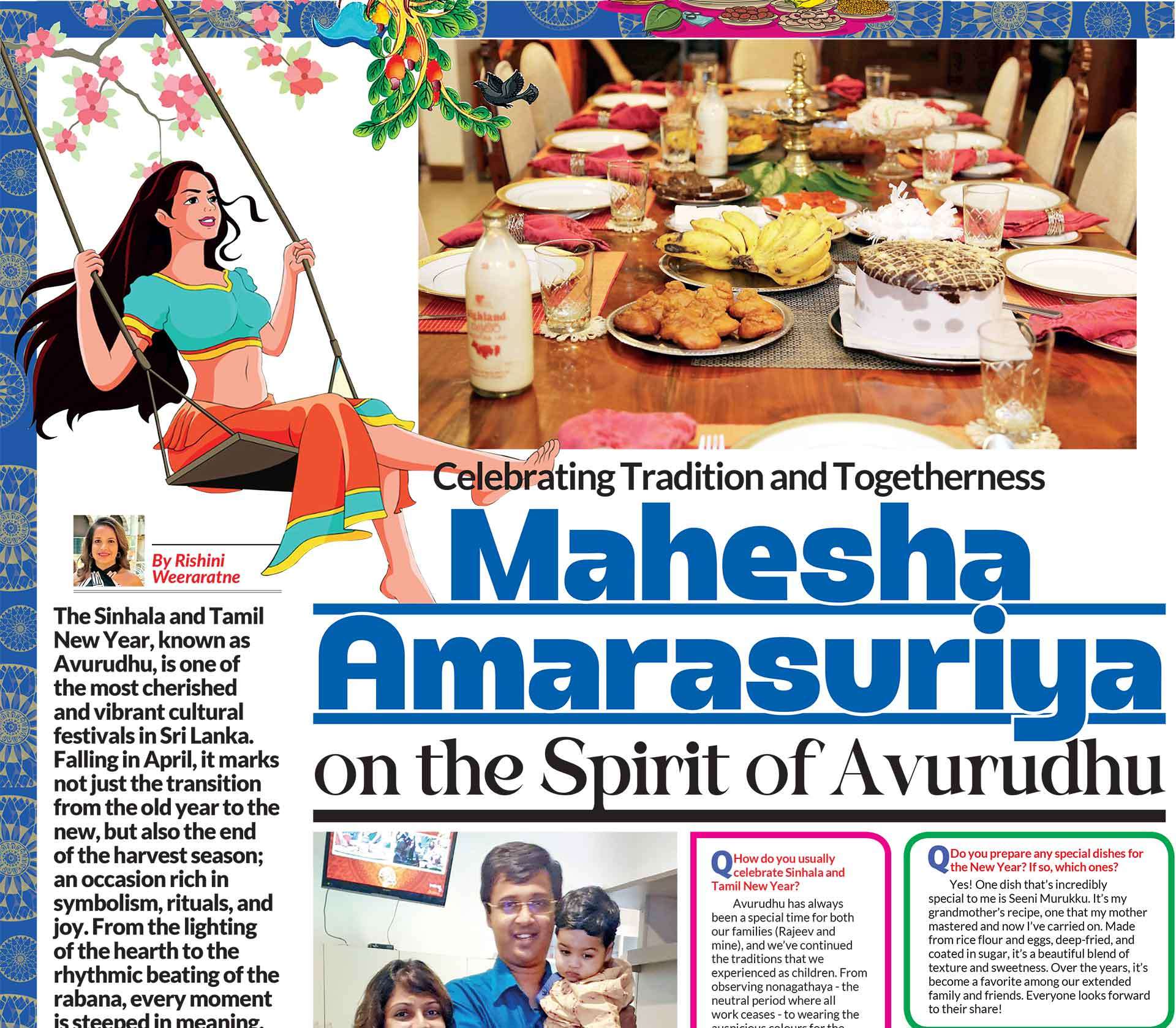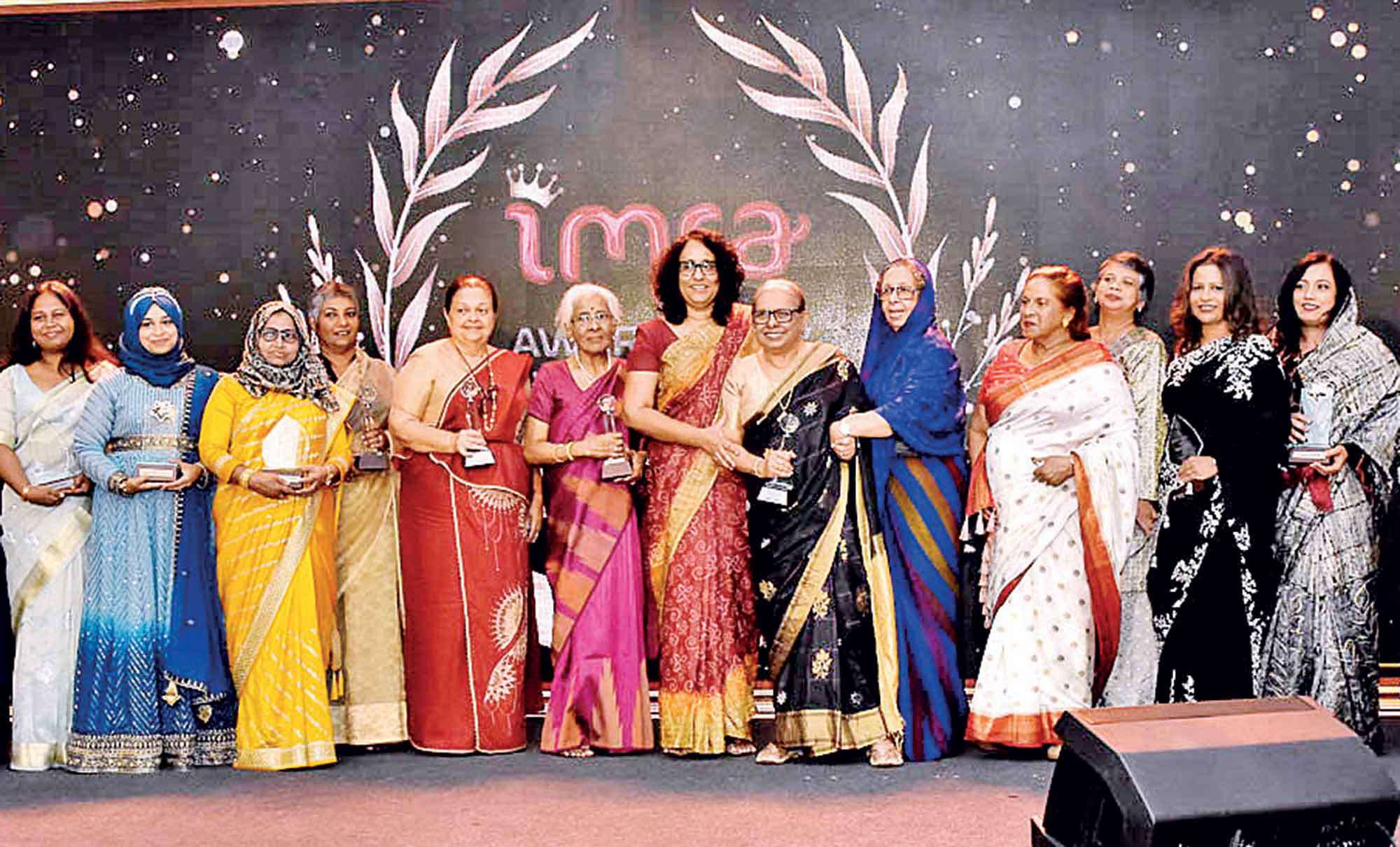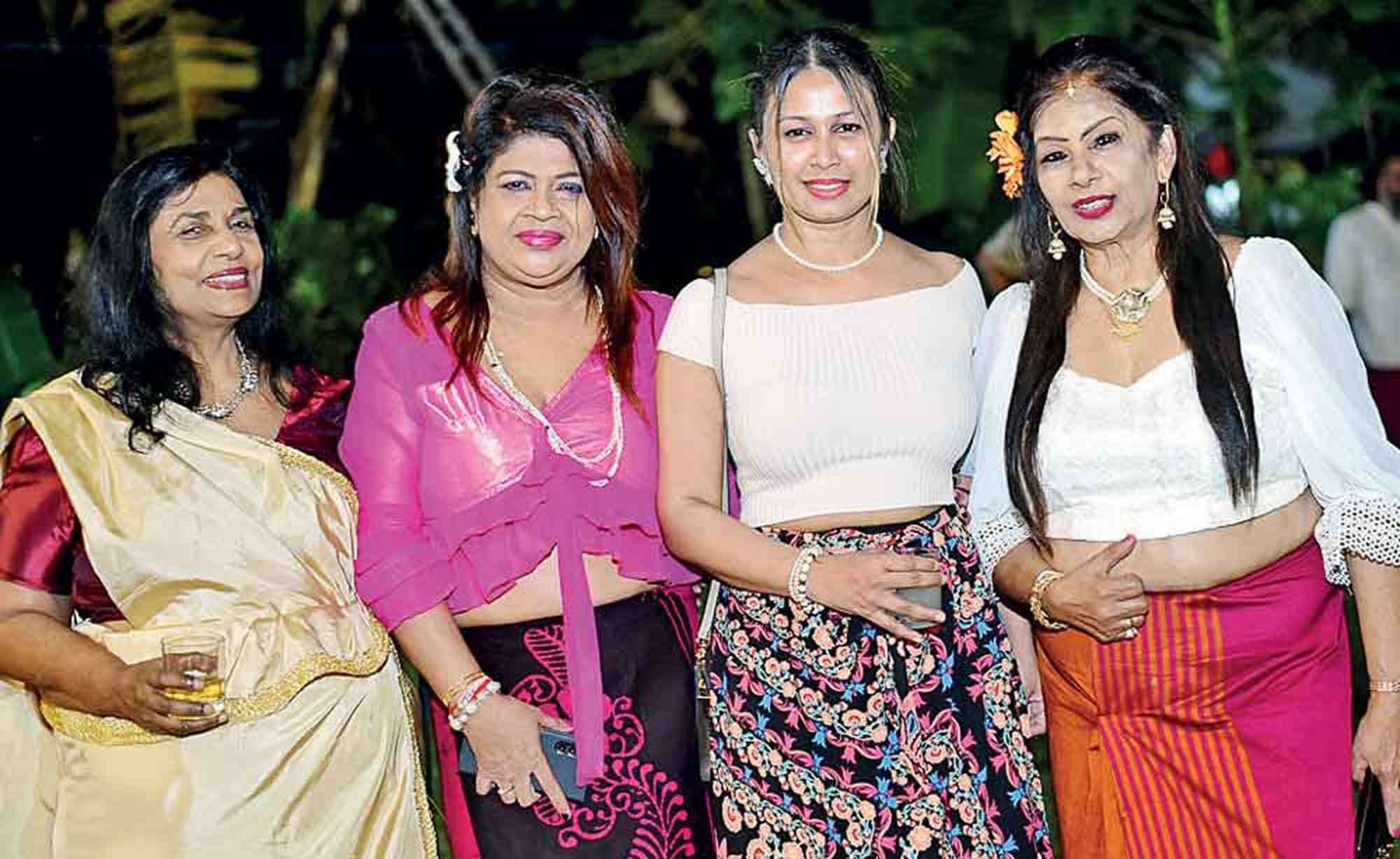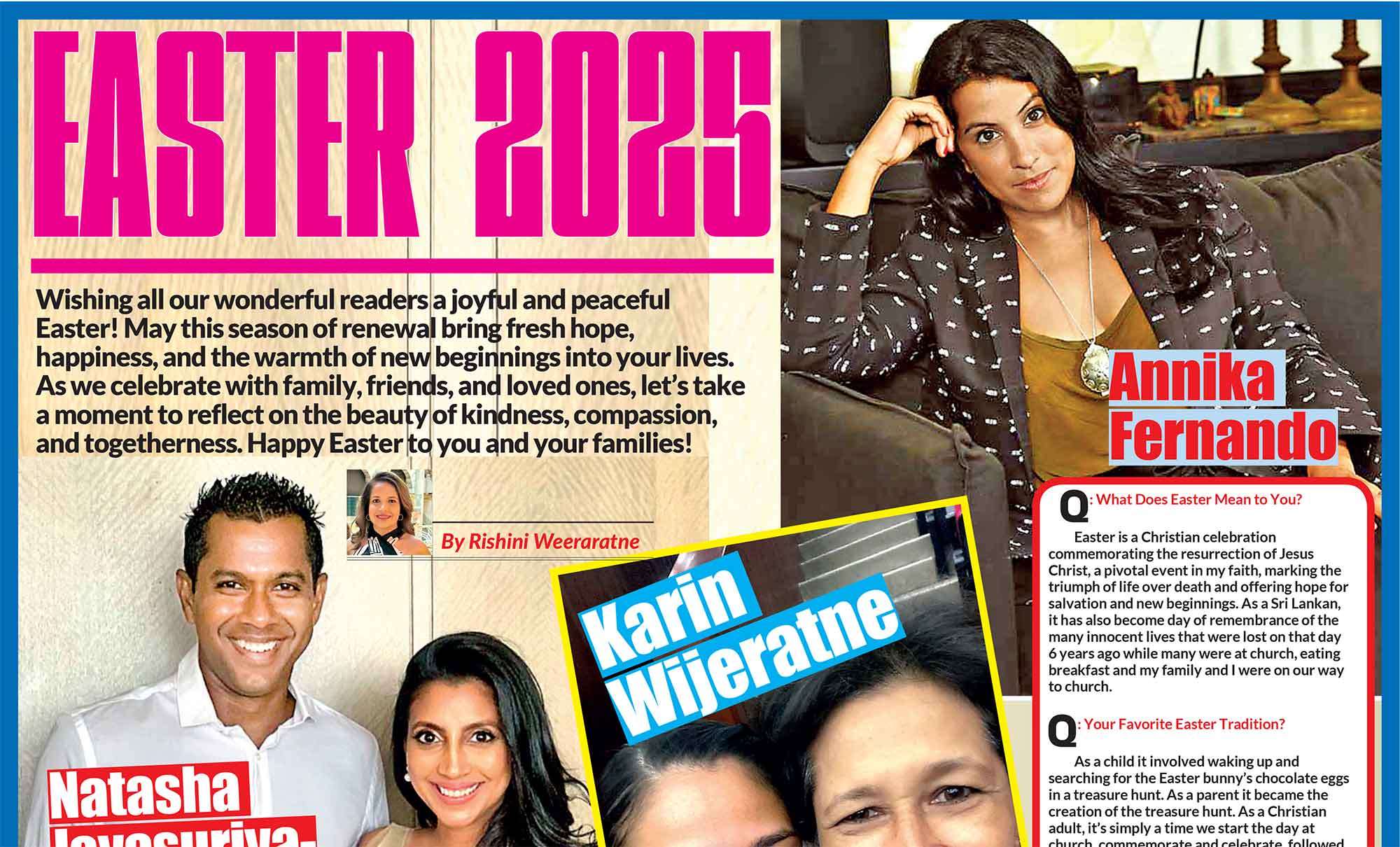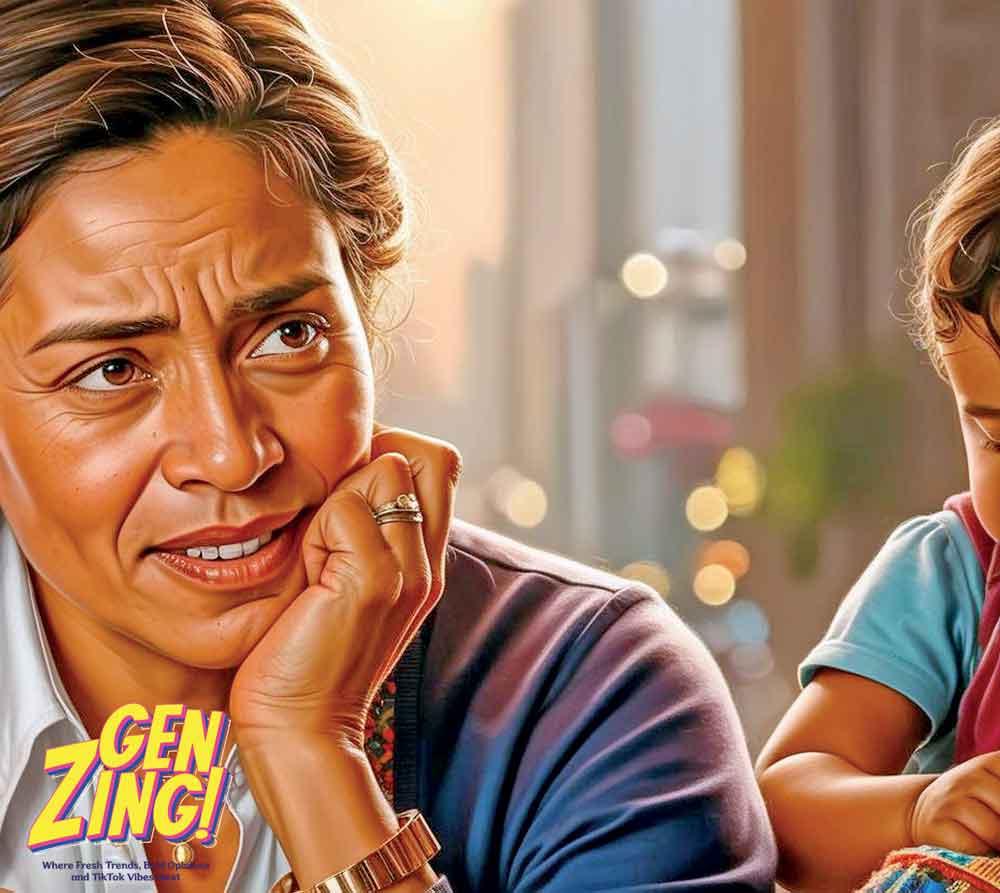
Although I’m not a mother, and am far too young to be one, it’s a topic that has always intrigued me. These reflections aren’t drawn from personal experience but from the stories I’ve gathered from mothers in my own family, from family friends, and friends, and from the quiet strength in their words as they speak about identity, sacrifice, and love. As someone from the next generation, I believe it’s important to hold space for these complexities.
To listen and to learn. To challenge narratives that flatten motherhood into a single role and instead uplift those that honour its depth and duality. Because one day, some of us may walk down that path too, and when we do, we should know that it’s okay to change, to go grieve, to grow, and to bloom all at once. Motherhood may not define a woman entirely, but it can illuminate her in ways that are profound, lasting, and deeply human.
There’s something almost magical about the way life shifts when a woman becomes a mother. It’s as if the world pauses for a moment, and then quietly begins again; forever changed. Yet, beneath the lullabies, the midnight feeds, and the gentle rocking of tiny bodies, a deeper question looms in the heart of many women; do I still recognize myself? Motherhood is often described as one of the most profound transformations a woman can go through. It is soft, fierce, joyful, and exhausting, grounding and disorienting, and in the middle of the beautiful storm, many mothers find themselves wandering: has motherhood taken away my identity, or has it given me a new one?
The Quiet Loss of Self
For many women, the journey into motherhood begins with an overwhelming rush of love but also a quiet, unspoken grief. The person they once were, the carefree dreamer, the career focused achiever, the spontaneous traveller, can start to feel like a distant memory. Days revolve around feeding schedules, naps, and soothing cries. Time becomes fragmented. Sleep is rare. Conversations revolve around diapers and baby milestones. It’s not that these things aren’t precious, they are, but they can also be consuming. The identity a woman once wore so comfortably begins to shift. She may no longer recognize the face in the mirror; tired eyes, a changed body, clothes chosen for practicality rather than expression. She might miss the sound of her own thought or the luxury of solitude. Society isn’t kind either. Women are often referred to as, “so-and-so’s mom,” as if their individuality has been absorbed by their new title. Their dreams and desires sometimes take a back seat, politely pushed aside because there are more immediate needs to tend to. They’re told to be grateful, to cherish every moment, and they do, but that doesn’t erase the quiet ache of feeling unseen.
The Gentle Rebirth
Within this quiet loss of self, something else quiet blooms. In the middle of the exhaustion and chaos, a different kind of love begins to grow. A love so fierce it catches her breath. A patience she never knew she had. A deeper understanding of life, of sacrifice, of what really matters. Many women describe this part of motherhood as a kind of rebirth. It isn’t about becoming someone entirely different; it’s about becoming more. More tender, more grounded, more connected; they discover new layers to themselves. Protector, nurturer, storyteller, healer; these identities don’t replace the old ones, they sit beside them, like new colours added to the painting.
There is power in watching your child learn to walk and knowing you helped guide those first steps. There’s beauty in the quiet moments, reading a bedtime story, kissing a scraped knee, answering a million curious questions about the world. These are not just tasks, they are love, lived in the most ordinary and extraordinary ways. Some women find new passions, new callings through motherhood. Others return to their careers with fresh perspective and purpose. Some shift the direction entirely, pursuing dreams they had never imagined before. In every case, motherhood becomes part of their identity. Not all of it, but an integral thread in the fabric of who they are.
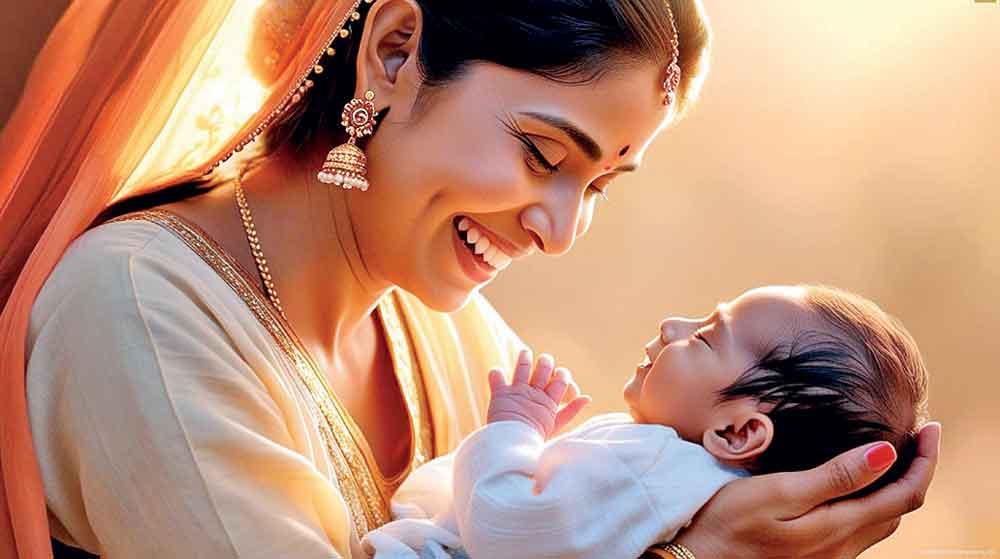
Living In the In-Between
The truth is motherhood is rarely one thing. It is not just a loss or a gain. It is not a surrender of growth. It is all of it-woven together into a tapestry that is both complex and beautiful. There are days when a woman might long for who she used to be, and that’s okay. Missing your old self doesn’t mean you love your child any less; it just means you’re human!
Then there are other days, those magical, quiet moments, when she looks at her child and feels more herself than ever. Like every version of her life has led to this one sacred point in time. It’s important that we hold peace for them both. That we let mothers grieve parts of themselves they’ve had to set aside, while also celebrating the strength and grace they’ve discovered in their new role. It is possible to feel both loss and joy, both longing and fulfilment.
The Role of Support
The way society treats mothers plays a huge role in how this identity shift feels. When mothers are supported, through paid leave, accessible childcare, flexible work, and shared domestic responsibility, they’re better able to hold onto who they are. When their emotional needs are met, when they are seen, heard, and appreciated, the balance becomes easier. However, when they are isolated or overwhelmed, it becomes harder to feel whole. Too often, mothers are told to give without limit, to never complain to ‘bounce back’ quickly and flawlessly. We need to shift that narrative, allowing women to be vulnerable, to ask for help, and to reclaim parts of themselves they miss-without guilt or shame.
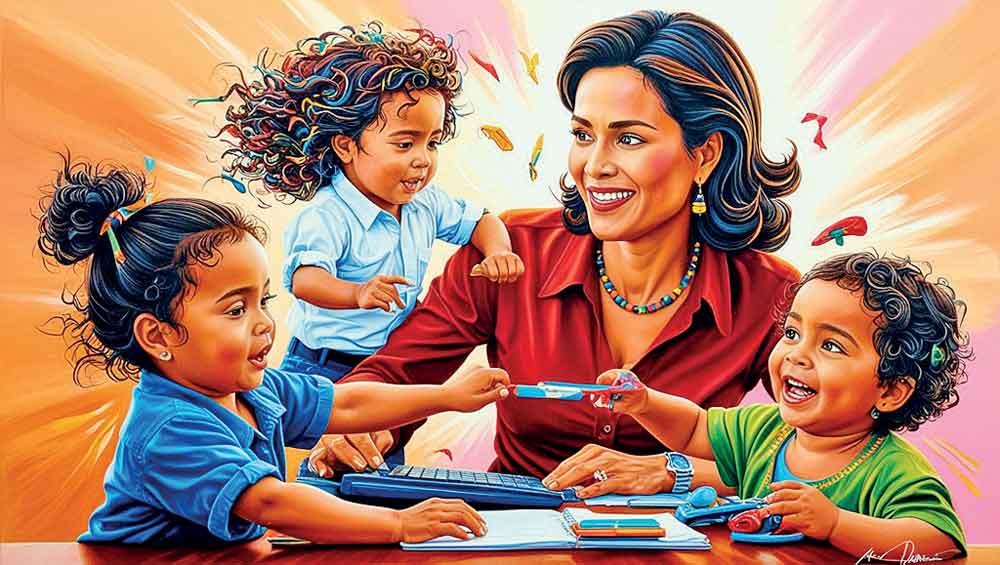
Writing a New Story
Perhaps the most empowering truth is that every mother gets to write her own story. There is no single way to ‘do’ motherhood. Some women find their greatest sense of purpose in raising children full-time. Others find it in balancing parenting with career, passion, or some activism. Some need space from their children to feel like themselves again. All of it is valid. All of it is motherhood.
The identity a woman holds before becoming a mother doesn’t vanish; it evolves. While some parts may change or pause, they don’t disappear. In time, many women rediscover their old loves, or create new ones. They find joy in the fusion of roles; mother, artist, friend, leader, lover, and as their children grow, they often find themselves growing too, in ways they never expected. Motherhood doesn’t erase a woman; it transforms her!
In the end, this exploration of motherhood is really and exploration of identity, and of the beautiful often contradictory truths that come with it. Sometimes the transformation is messy and confusing. Sometimes its healing and beautiful. Often, it’s all those things at once.
It stretches a woman in ways she never expected, breaks her open, and then slowly rebuilds her with new layers of strength, tenderness, and insight. It challenges her sense of self but also offers the possibility of becoming more rooted, more expansive, more alive.
So, we revert back to the million dollar question: does motherhood take away a woman’s identity? The answer is that sometimes it might feel that way, especially in the quiet moments of exhaustion of longing for who she used to be but perhaps more often, it offers her the chance to rediscover herself in ways she never imagined. To become someone fuller, deeper, and more fiercely alive. Not less herself, but a version of herself that is wiser, braver, and infinitely more complex.
